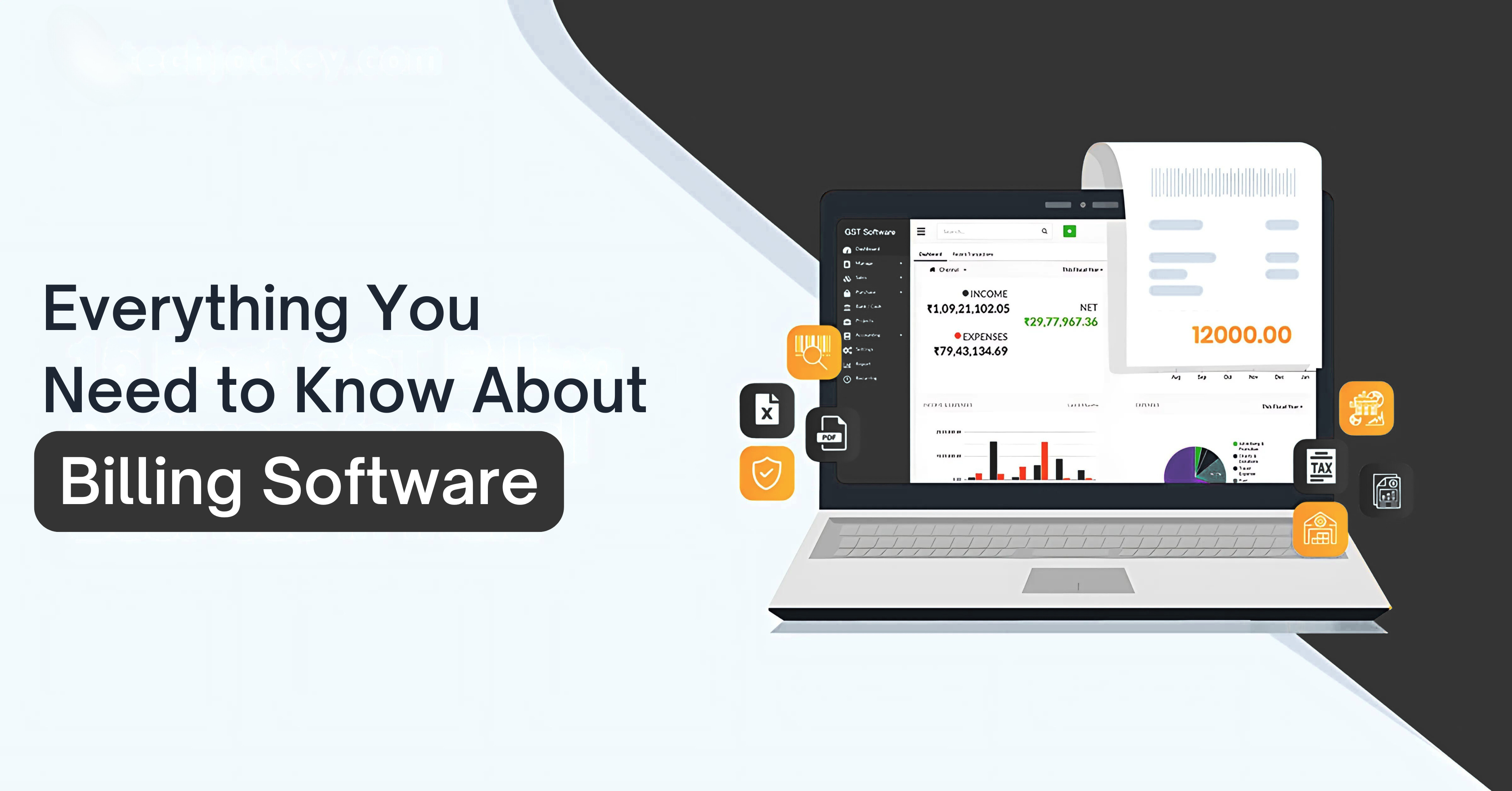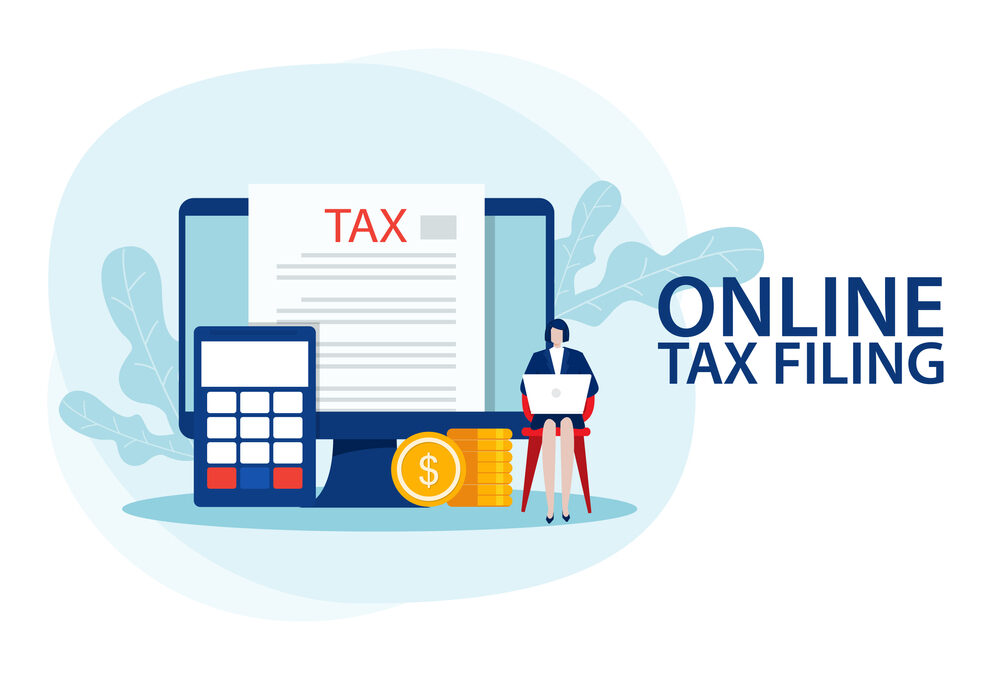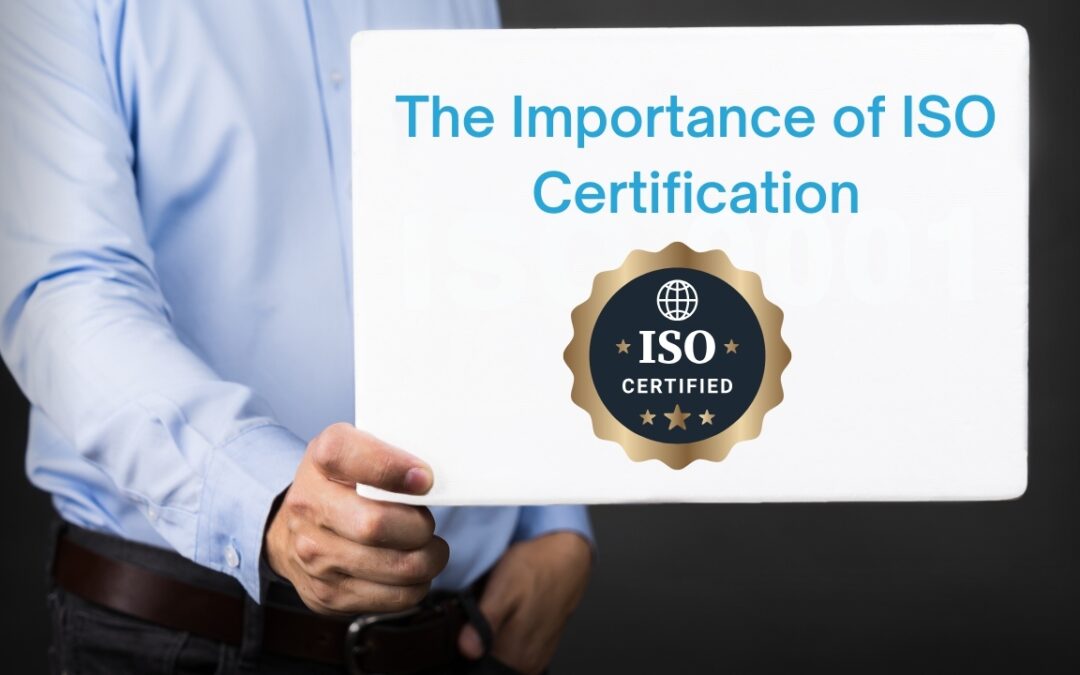In today’s fast-paced business environment, efficient and accurate billing is crucial for maintaining cash flow, ensuring client satisfaction, and complying with financial regulations. Billing software has become an essential tool for businesses of all sizes, offering a streamlined way to manage invoices, track payments, and reduce administrative workload. In this blog, we’ll explore everything you need to know about billing software, including its benefits, features, types, and factors to consider when choosing the right solution for your business.

What is Billing Software?
Billing software is an application designed to manage, automate, and simplify the process of creating invoices, managing payments, tracking transactions, and maintaining financial records. It helps eliminate manual errors, improves efficiency, and provides a comprehensive view of your business’s financial health.
Key Benefits of Billing Software
Automation of Billing Processes
Billing software automates repetitive tasks such as generating invoices, sending payment reminders, and calculating taxes, allowing business owners and accountants to focus on other critical activities.
Improved Accuracy
Manual billing is prone to errors. With billing software, data is automatically captured and processed, minimizing the risk of mistakes and ensuring accurate records.
Efficient Cash Flow Management
By tracking overdue payments, managing multiple payment gateways, and generating reports, billing software helps businesses maintain a steady cash flow and identify financial bottlenecks.
Enhanced Compliance
The software often comes with built-in compliance features, ensuring that all invoices and transactions adhere to relevant tax and legal regulations.
Better Client Management
Businesses can easily store client information, track transaction history, and send personalized invoices, creating a professional and organized experience for clients.
Integration with Other Systems
Most billing software solutions can integrate with accounting, CRM, and inventory management systems, offering a unified view of business operations.
Key Features to Look for in Billing Software
When choosing billing software for your business, consider the following essential features:
Invoice Management
Ability to create, customize, and send invoices, and set up recurring billing cycles.
Payment Processing
Support for multiple payment methods such as credit cards, digital wallets, and bank transfers.
Tax Calculation
Automatic tax calculations based on the location and type of transaction.
Reporting and Analytics
Financial reports on revenue, expenses, profit, and loss to provide insights into business performance.
Multi-Currency Support
Ideal for businesses that operate internationally or deal with clients from different countries.
Data Security
Ensure the software complies with data protection regulations and offers encryption for sensitive financial information.
Types of Billing Software
Standalone Billing Software
Primarily focuses on invoicing and payment collection without additional accounting features.
Integrated Billing Software
includes accounting, payroll, and financial management features, suitable forbusinesses looking for an all-in-one solution.
Subscription-Based Billing Software
Best for companies offering subscription-based services with features like recurring billing, automatic renewals, and customer management.
Open Source Billing Software
Offers customization and flexibility for businesses with unique needs and tech- savvy teams.
Cloud-Based Billing Software
Hosted on the cloud, it allows businesses to access billing data from anywhere, making it ideal for remote teams.
How to Choose the Right Billing Software?
Selecting the right billing software depends on your business requirements, budget, and industry. Consider the following factors.
Scalability
Choose a solution that can grow with your business, accommodating increasing numbers of clients, transactions, and employees.
Ease of Use
The software should have an intuitive interface with minimal learning curve for users.
Integration Capabilities
Check if the billing software can integrate with your existing systems, such as accounting and CRM platforms.
Customer Support
Ensure that the provider offers reliable customer support through various channels like chat, email, or phone.
Cost
Compare the pricing plans and features to find a solution that fits within your budget.
User Reviews and Ratings
Research customer reviews and ratings to understand the pros and cons of each software option.
Top Billing Software Solutions in the Market
Zoho Invoice
A versatile option with extensive features like multi-currency support, expense tracking, and automated workflows
QuickBooks Online
Suitable for small to medium-sized businesses, it offers powerful accounting and invoicing capabilities.
FreshBooks
Ideal for freelancers and small businesses, it provides an easy-to-use interface with time-tracking and project management features.
Wave
A free solution with core invoicing and accounting features, best for small businesses and startups.
Xero
A cloud-based platform that integrates seamlessly with other applications, ideal for small to large enterprises.
Conclusion
Billing software is no longer a luxury but a necessity for modern businesses. Whether you’re a freelancer, a small business owner, or a large enterprise, investing in the right billing software can help you streamline operations, reduce errors, and enhance customer satisfaction. With numerous options available, take the time to evaluate your needs and select a solution that aligns with your business goals.
Looking for more business insights and solutions? Stay tuned to the Yes to Boss blog for the latest updates on accounting, tax filing, GST registration, and more.






